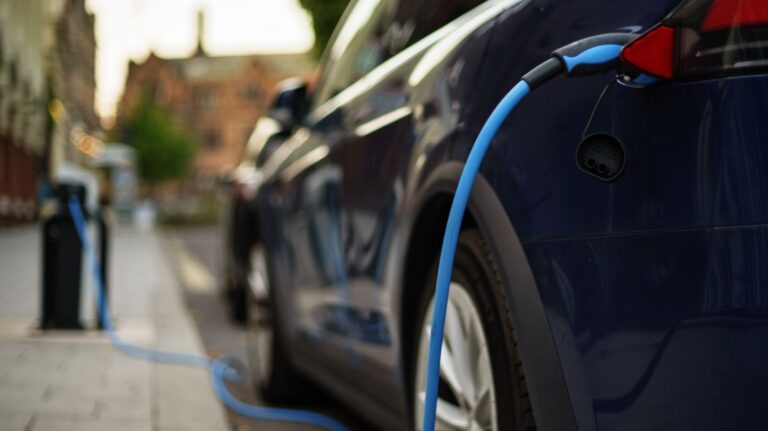A new report from energy solutions provider SMS has examined the current state of customer dissatisfaction with public electric vehicle (EV) charging, with 67% of surveyed EV owners saying they wished they’d known more about public EV charging availability before they’d transitioned.
These respondents also outlined that they are prepared to pay a premium to reserve a public charging bay to ensure they can power up their vehicles.
According to SMS, the lack of availability and accessibility of current EV chargepoints, coupled with damaged infrastructure, incompatibility and inadequate payment options is causing frustration amongst UK EV drivers.
A recent SMS study of more than 1,000 UK EV drivers explored the current customer experience of using and relying on public EV chargepoints.
The report also showed that, although there has been significant growth in the home EV charging market, just five percent of respondents rely solely on domestic chargepoints to power their vehicle.
Read more: Electric vehicles can’t compete with the emotional roar of an engine – but does that matter?
What’s more, a fifth of EV drivers surveyed remain completely reliant on public EV charging due to having no chargepoints available to them at home or at work.
Mark Winn, head of EV strategy at SMS, said: “Home EV charging may be on the rise, but it’s critical that the UK’s growing number of EV drivers have adequate access to fully functioning public EV chargepoints while they are on the move.”
The SMS study also pointed out that public EV charging infrastructure doesn’t just benefit drivers, but can support local businesses and economic growth.
Winn added: “While we need to exponentially increase the quantity of EV chargepoints in multiple locations this cannot be at the expense of their quality. EV infrastructure always needs to be planned with three Rs in mind: right time, right location and right speed.
“EV may be a nascent market, but this doesn’t mean that there is any excuse for providing the public with substandard EV charging solutions. If we want to avoid a public backlash against EV adoption, then greater due diligence must be applied to EV chargepoint installation deals.”
The UK government has made a promise that 300,000 EV chargepoints will be available up and down the UK by 2030. In the same year, it plans to ban the sale of new petrol and diesel vehicles.
However, the report highlighted that 88% of EV owners believe public charging infrastructure needs to improve if UK drivers are to be encouraged to transition to electric.





